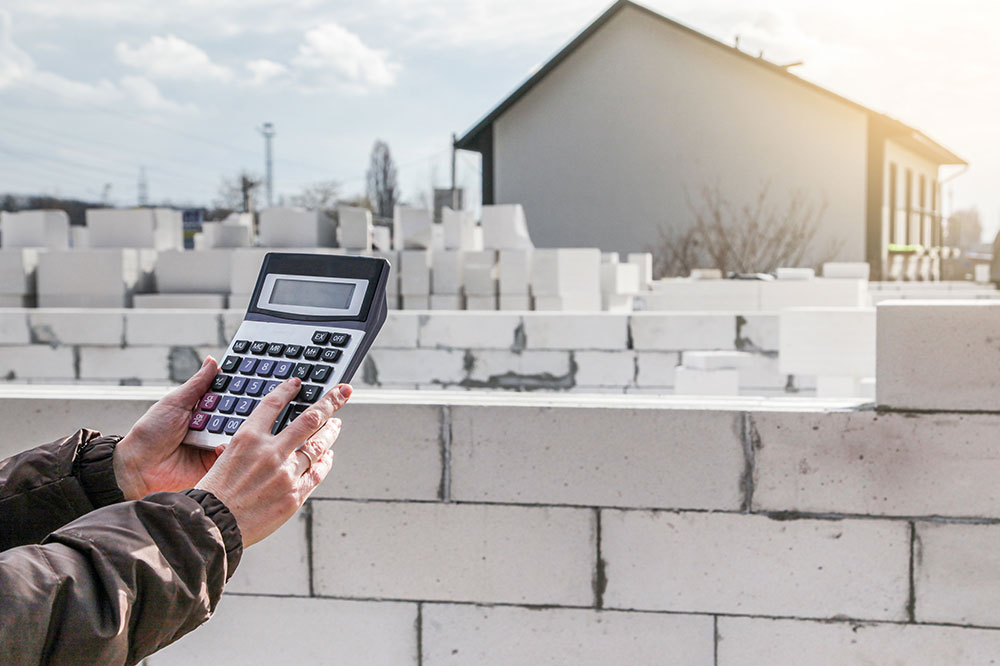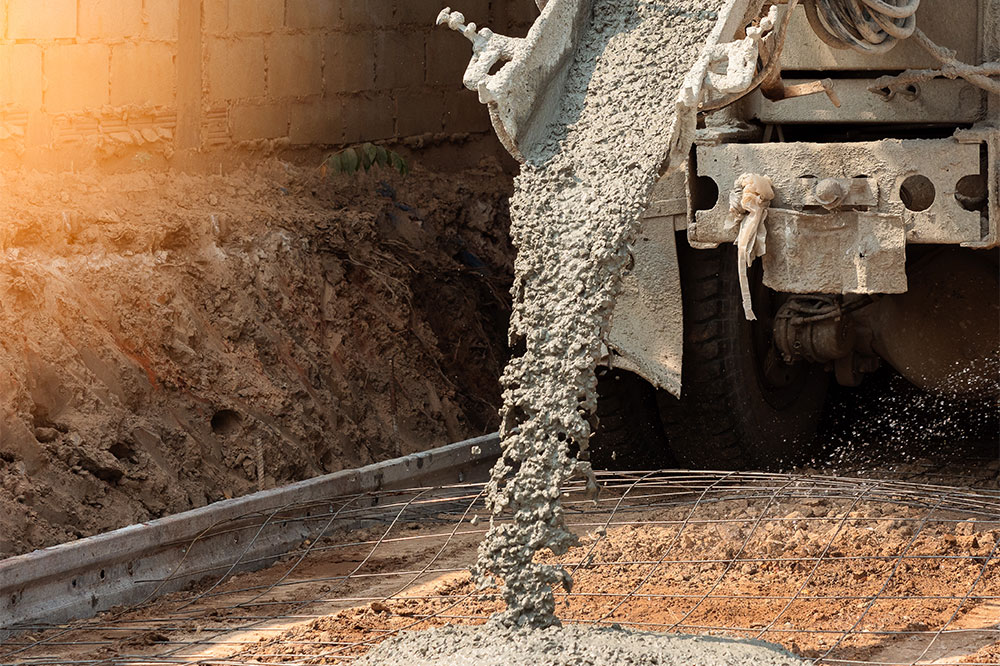Key Factors Influencing Concrete Slab Price Estimates
Planning a concrete slab project? This article highlights six crucial factors that influence pricing, including project size, site accessibility, material quality, expertise, timelines, and permits. Understanding these elements helps homeowners and builders budget accurately and avoid surprises. Proper planning ensures efficient execution, high-quality results, and cost-effective outcomes for patios, garages, or foundations. Whether you're a DIY enthusiast or hiring professionals, knowing what impacts costs ensures your project stays on track and within budget.

Key Factors Influencing Concrete Slab Price Estimates
Planning a construction project involving concrete slabs requires careful consideration of multiple factors to determine accurate costs. Whether you’re installing a patio, building a garage, or creating a foundation, understanding the main costs involved helps in budgeting effectively. When searching for "concrete slab cost estimate near me," it’s essential to account for various elements that affect the final price. Proper planning ensures the project stays within budget and meets your expectations. Below are critical factors that impact concrete slab expenses:
Project scope and dimensions
Defining the size and purpose of the slab is the first step. Larger or uniquely shaped slabs, such as curved or sloped designs, often require more materials, specialized equipment, and labor, which influence the overall costs. Clear measurements and specifications help in using online cost estimators accurately.
The dimensions, shape, and complexity of the project directly impact labor and material needs. Customized designs or irregular shapes may increase costs due to added work and techniques required, such as shaping or slope adjustments.
Site accessibility and conditions
Accessibility plays a vital role in cost estimation. Sites with uneven terrain may require grading, excavation, or stabilization before pouring concrete. Difficult-to-access locations may need manual work or specialized equipment, raising labor costs and project duration. For example, pouring a slab in a small backyard with limited access may involve more manual effort, increasing expenses.
Quality of materials
The durability and longevity of your slab depend heavily on the materials used. Discuss with your contractor about the type of concrete, reinforcements, and additional additives. Higher-grade materials last longer but come at a higher cost, so evaluating different options against your budget is crucial.
Expertise and workforce
Hiring experienced contractors ensures quality work. Skilled labor is essential for mixing, pouring, curing, and finishing concrete properly. Professionals with positive reviews may charge higher fees but can handle unforeseen issues effectively. Always verify credentials and review past projects before settling.
Project timeline and scheduling
The project duration can vary due to weather, contractor workload, and material availability. Discuss timelines with your contractor to set realistic expectations. Proper communication helps accommodate potential delays and ensures budgeting aligns with the schedule.
Permits and legal requirements
Permit costs and regulatory compliance are vital considerations. Ensure you acquire all necessary approvals before starting. Projects without proper permits risk fines, delays, or even demolition, thereby affecting costs and timelines.
Note: Our blog offers valuable insights across various topics. While we strive for accuracy, readers should consider this information as general guidance. For specific projects, consultation with professionals is recommended. We are not responsible for discrepancies or omissions related to external data or offers.









